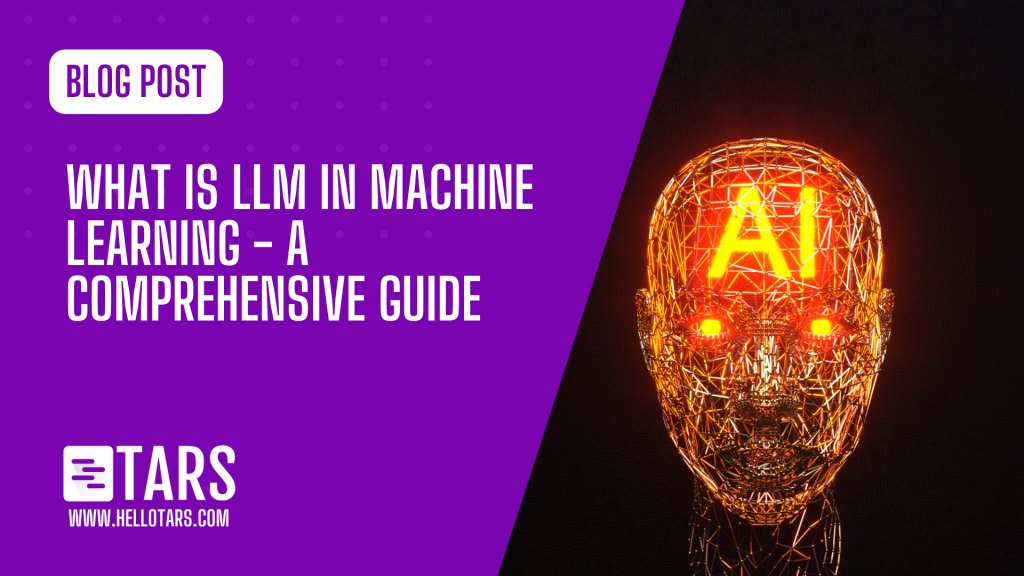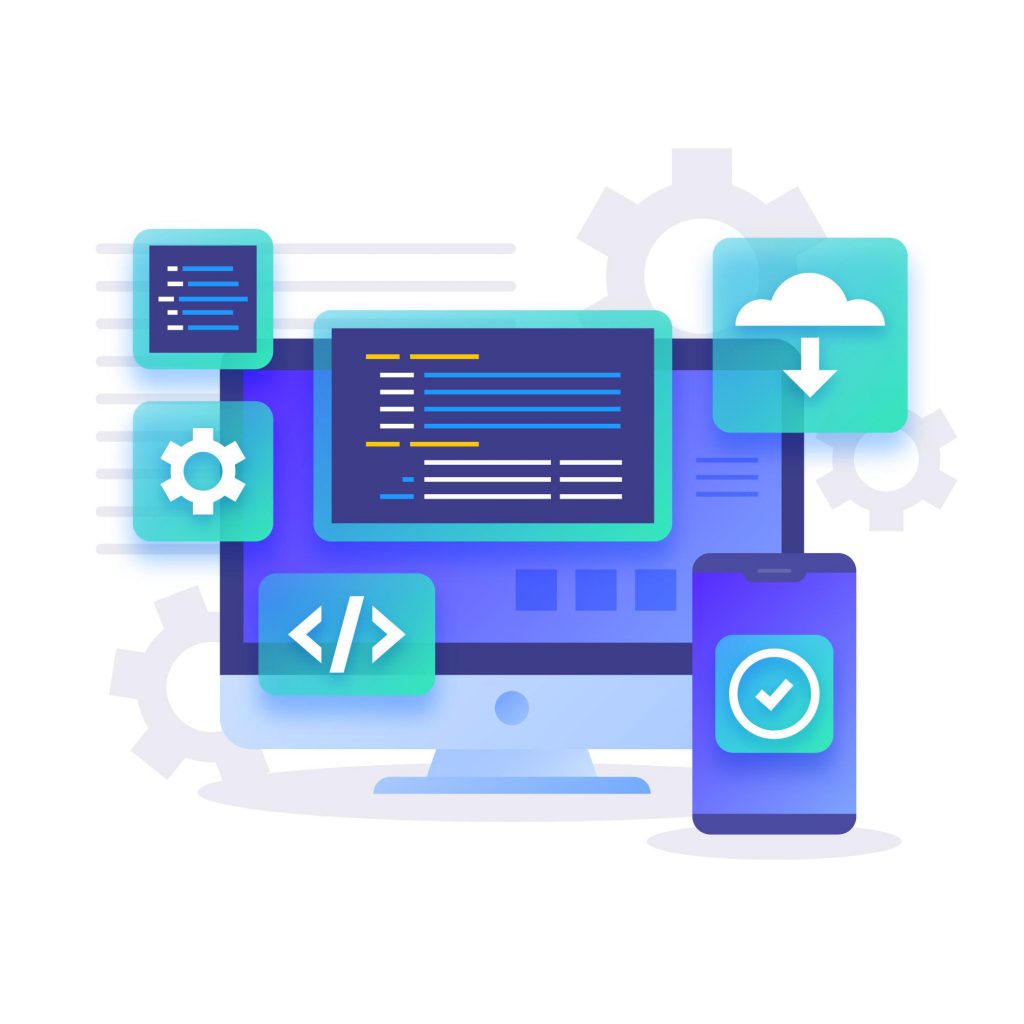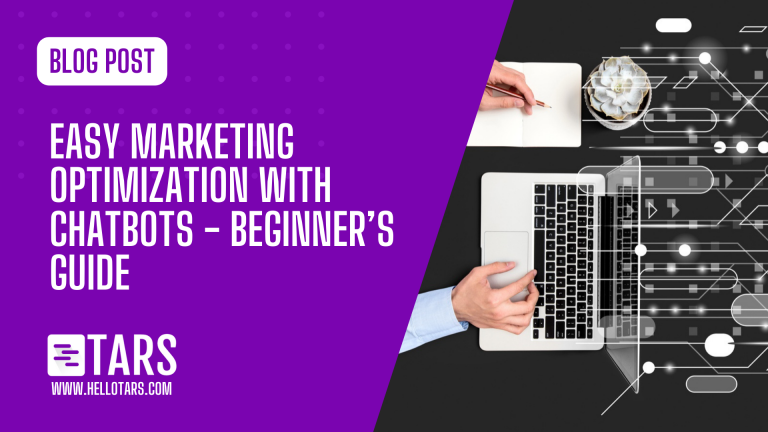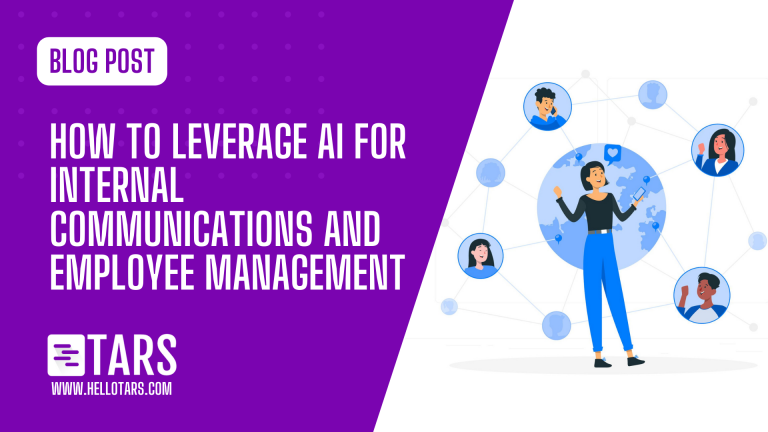What is LLM in Machine Learning – A Comprehensive Guide

Machine learning has revolutionized the way we interact with technology and process vast amounts of data. In recent years, a new concept called LLM in machine learning has emerged, standing for Large Language Model. In this comprehensive guide, we will delve into the world of LLM, exploring its definition, significance, applications, and more.
Understanding LLM: Large Language Model
An LLM, or Large Language Model, refers to a powerful artificial intelligence system that is trained on vast amounts of text data to generate human-like language and understand natural language processing tasks.
Large language models have been developed and refined over time, with notable advancements in the field. From early models like GPT-2 to the cutting-edge GPT-3.5 and 4, these models have made significant strides in language generation and comprehension.
Applications of LLM

LLM has found application in numerous industries, including:
✅Content Generation: LLMs have revolutionized content creation by generating high-quality articles, blog posts, and creative pieces. These models possess the ability to mimic human writing styles and produce engaging and informative content for various purposes.
✅Chatbots and Virtual Assistants: With LLM technology, chatbots and virtual assistants have become more intelligent and capable of engaging in natural language conversations with users. LLMs enable these AI-powered conversational agents to understand user queries, provide relevant responses, and offer personalized assistance.
✅Language Translation: LLMs have significantly improved language translation services by generating more accurate and context-aware translations. These models can understand the nuances of different languages, preserve the meaning, and produce translations that are closer to human-level quality.
✅Information Retrieval: LLMs play a vital role in enhancing the capabilities of search engines and information retrieval systems. By analyzing and understanding user queries, LLMs enable search engines to deliver more relevant and precise search results, improving the overall user experience.
✅Voice Assistants: LLMs power voice-controlled virtual assistants such as Siri and Alexa, making interactions more natural and intuitive. These assistants can understand and respond to voice commands, answer questions, perform tasks, and provide personalized recommendations, all thanks to the advanced language processing capabilities of LLMs.
✅Customer Support and Service: LLMs have been applied to improve customer support and service by providing automated responses to customer queries and issues. By leveraging LLM technology, businesses can offer efficient and consistent support, reducing response times and enhancing customer satisfaction.
✅Fraud Detection and Cybersecurity: LLMs are employed in the field of fraud detection and cybersecurity to analyze and understand patterns in text data, helping identify and prevent malicious activities. By examining large volumes of textual information, LLMs can detect anomalies, predict potential threats, and enhance the security of digital systems.
✅E-commerce and Personalization: LLMs contribute to personalized shopping experiences in the e-commerce industry. By analyzing user preferences and browsing behavior, LLMs can recommend relevant products, generate personalized product descriptions, and enhance product search capabilities, leading to increased customer engagement and conversion rates.
LLM in Machine Learning: How it Works
Understanding the inner workings of LLM is crucial to appreciate its capabilities. Let’s explore the key aspects:
Training Process and Data Requirements
LLMs are trained on massive datasets that contain diverse sources of text, such as books, articles, and web pages. The training process involves exposing the model to this vast amount of text, enabling it to learn patterns and linguistic structures.
Architecture and Components of LLM Systems

LLM systems are comprised of various layers and components that contribute to their powerful language processing capabilities:
✅Transformer Architecture
LLMs leverage transformer models, an innovative architecture in natural language processing. Transformers enable the models to process and generate language by efficiently capturing contextual relationships between words and understanding long-range dependencies.
This architecture has greatly improved the performance of LLMs compared to previous approaches.
✅Attention Mechanism
The attention mechanism plays a crucial role in LLMs. It allows the model to focus on relevant parts of the input data while generating output. By assigning weights to different words or tokens in the input sequence, LLMs can attend to important information and effectively capture the dependencies and relationships within the text.
✅Fine-Tuning
After pre-training on large datasets, LLMs undergo a process called fine-tuning. During this phase, the models are trained on more specific tasks to optimize their performance for targeted applications. Fine-tuning helps adapt the general language understanding of LLMs to specific domains or tasks, making them more specialized and accurate.
Examples and Use Cases

LLMs have demonstrated exceptional performance across various use cases, showcasing their capabilities and potential:
✅Text Completion
LLMs excel in text completion tasks by generating coherent and contextually appropriate completions for given prompts. They can accurately predict the next word or sentence, enabling applications such as auto-suggestion, writing assistance, and content generation.
✅Language Translation
LLMs have surpassed previous translation models, offering impressive translation capabilities. They can understand and translate text between multiple languages, taking into account contextual information and producing translations that are closer to human-level quality. LLM-powered translation services enhance cross-cultural communication and break down language barriers.
✅Question Answering
LLMs are proficient in providing detailed and accurate answers to user queries based on the given context. They can comprehend the meaning of questions and generate relevant responses by leveraging their language understanding and reasoning capabilities. LLMs have been successfully applied in question-answering systems, virtual assistants, and information retrieval applications.
Advantages and Benefits of LLM in Machine Learning

LLMs offer several advantages and benefits that have propelled their widespread adoption:
✅Enhanced Language Generation
LLMs have the ability to produce high-quality, human-like text, benefiting content creators, writers, and businesses. They can generate engaging articles, blog posts, marketing materials, and creative pieces with coherent narratives and contextually appropriate language.
✅Improved Natural Language Understanding
LLMs excel in understanding complex language nuances and contexts, enabling them to comprehend user queries, conversations, and documents with a high level of accuracy. This enhanced natural language understanding enhances applications such as sentiment analysis, text classification, and information extraction.
✅Increased Efficiency
LLMs automate language-related tasks, reducing the human effort and time required for tasks such as content generation, translation, summarization, and information retrieval. By leveraging LLMs, organizations can streamline their workflows, improve productivity, and handle large volumes of textual data more effectively.
✅Innovation and New Applications
LLMs have opened doors to novel applications and possibilities in various fields. Their advanced language processing capabilities have fostered innovation in areas such as virtual reality, gaming, personalized learning, conversational agents, and more. LLMs continue to inspire researchers and developers to explore new ways of leveraging language models for diverse applications.
Future Trends and Implications of LLM in Machine Learning
The future of LLM in machine learning holds immense potential and promises exciting advancements:
🟩Continued Model Refinement: LLMs will likely continue to evolve, with improved language generation capabilities and better contextual understanding.
🟩Domain-Specific LLMs: There will be a focus on developing LLMs tailored to specific domains, enabling better performance in niche applications.
🟩Ethical and Fair LLM Development: Efforts will be made to address ethical concerns and biases in LLMs, promoting fairness, inclusivity, and responsible AI practices.
🟩Integration with Other Technologies: LLMs will be integrated with complementary technologies like computer vision and speech recognition, enabling multimodal AI systems.
How to Leverage the Power of LLM Tech for Your Business

TARS’s new chatbot generator tool Tars Prime is here to make LLM tech accessible to everybody. You can generate your own, customized, LLM AI chatbots with Tars Prime and the best part is – you need absolutely no coding knowledge or technical expertise to do it.
You can learn how to do it here 👉 Tars Prime Blog
Or, you can simply book a free demo, and our expert team will personally guide you through the whole process and help you leverage the power of LLM AI for your business needs.
You can also check out the tool for yourself here 👉 Try Tars Prime
TARS has worked with multiple industry giants and helped them unlock the power of AI and automation; this includes American Express, Vodafone, Nestle, Adobe, Bajaj, and many more.
Book a free demo to learn more about how you can make use of LLM AI technology and to better meet your business needs.
My name is Vinit Agrawal and I am the Founder and CTO of Tars. I have been working on the Tars Chatbot Builder since 2015 and my core strength is in building software products with simple and functional user experiences focusing on bringing some core business results. My current role in the company is a mix of Product Manager, Engineering Manager and in Business & Marketing Strategy.
- Understanding LLM: Large Language Model
- Applications of LLM
- LLM in Machine Learning: How it Works
- Training Process and Data Requirements
- Architecture and Components of LLM Systems
- Examples and Use Cases
- Advantages and Benefits of LLM in Machine Learning
- Future Trends and Implications of LLM in Machine Learning
- How to Leverage the Power of LLM Tech for Your Business


Build innovative AI Agents that deliver results
Get started for freeRecommended Reading: Check Out Our Favorite Blog Posts!

Easy Marketing Optimization with Chatbots – Beginner’s Guide

Using a Chatbot for Commercial Real Estate – Beginner’s Guide

AI for Internal Communications and Employee Management

Our journey in a few numbers
With Tars you can build Conversational AI Agents that truly understand your needs and create intelligent conversations.
years in the conversational AI space
global brands have worked with us
customer conversations automated
countries with deployed AI Agents



